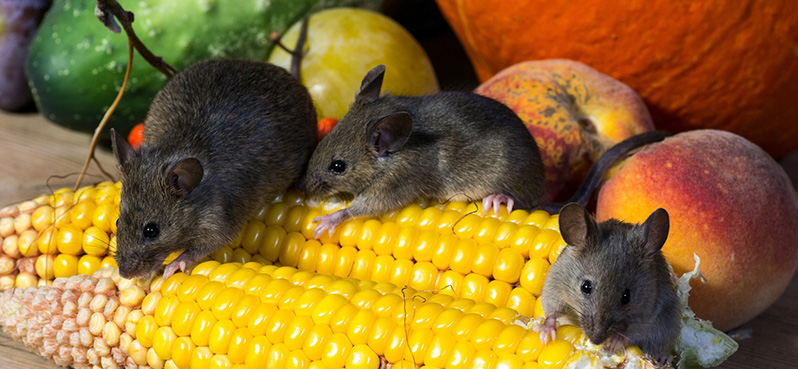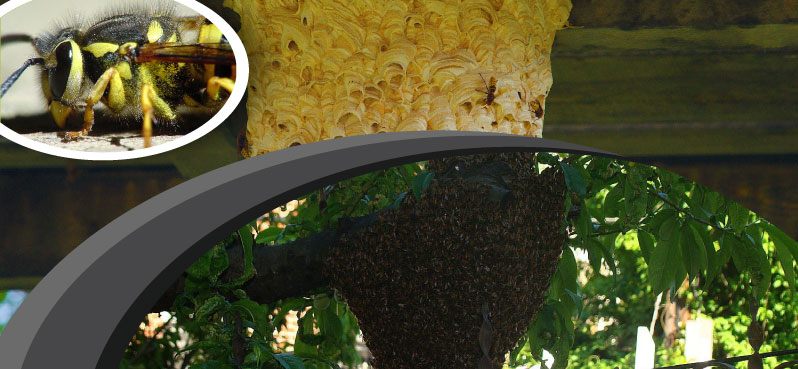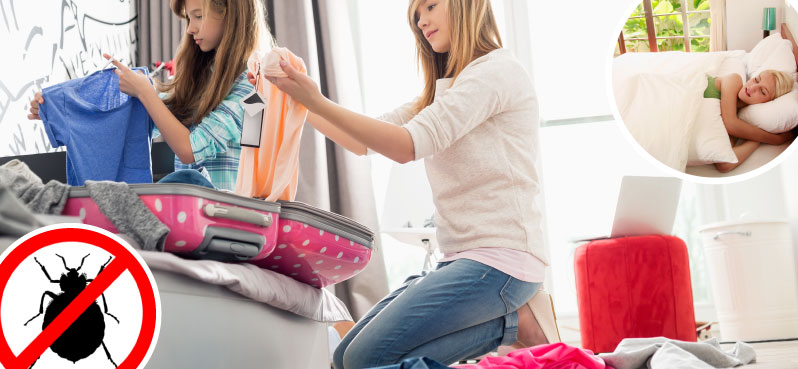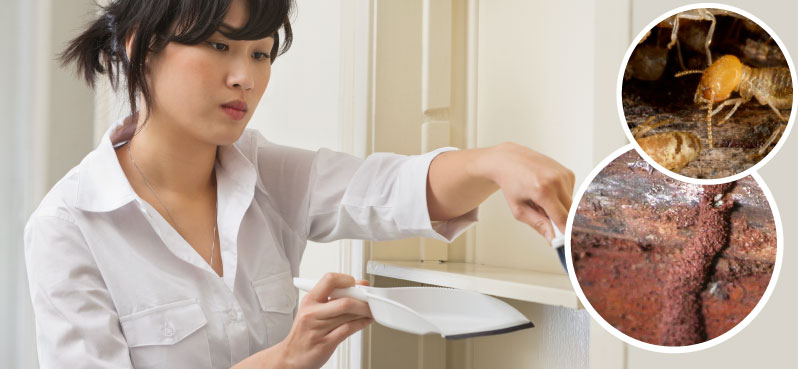One of our biggest fears when it comes to infestations in our house are mice. They can be nasty creatures and can do a lot of damage to our houses. Not only can they chew through things, they can be hosts to disease that can spread to you and your family.
Some diseases that mice can spread are the following:
Hantavirus: This deadly virus is spread through urine and mouse droppings. Though it doesn’t affect the mice, it can kill you fast. It affects your lungs or your renal organs.
Streptobacillus: Mice can carry this bacteria and spread it if they bite us or if we come in contact with their fluid excretions from their eyes, nose, or mouth or if we eat food that they have urinated or excremented on. If bitten by a mouse, you should wash the bite area right away and disinfect the wound.
The bubonic plague: This can be spread to you by being exposed to or bitten by infected mice. Even when dead, the mice can still give you this disease. When a person gets infected, they usually get the flu and have swollen glands especially near the spot where you were originally exposed. Though this disease is mostly common in Africa, you don’t want to take the chance with this here. You can die after a week of being exposed but if treated quickly, the chances of surviving are high.
Salmonella: This is another deadly bacteria that can be spread to humans via mice. We can breathe it in if it is airborne or we can ingest it with food contaminated with the bacteria. Salmonella infected mice can come into our home and if not caught they can go into our cupboards or pantry and walk all over our cutlery, plates, and cups. They can spread salmonella to our food in the pantry by chewing through boxes and plastic and eating some of our food there. If we don’t see the hole in the packaging and we eat the same food, we can get infected with salmonella and be really ill.
Leptospira: This bacteria is carried in mice urine. Mice urinate wherever they go so it’s a given that you can get this disease when mice are present in your home. If you have cuts and it comes in contact with this bacteria, the bacteria can enter your body and spread like wildfire attacking your body. The bacteria can also get in your body by breathing it in or by touching your eyes and mouth after you’ve got it on your hands.
Swarm Pest Control in Brisbane gives advice on how to prevent mice from making their home in yours so that you can avoid the previously-mentioned harmful bacteria and viruses.
1. Mice can just walk in through the front and back doors and windows if not sealed properly. If you like to have a cross-breeze with the doors and windows open, you are better off installing screens for your windows and doors that will keep mice outdoors. Make sure your windows and doors don’t leave any room for them to squeeze through. Installing weatherstripping should help a lot.
2. Mice can also come in through holes a little bit smaller than 2 cm. Yes, they can really squeeze themselves to get into your house. If you want to see if your house is mouse proof, shine a flashlight from the outside against the vulnerable areas of your house at night. Have someone inside the house see if any light comes through inside. If light comes through, then you might have some holes or cracks that need to be patched.
3. Screen off your ventilation areas so that they can’t make homes for themselves there. If they nest in those areas, their feces and urine can become airborne.
4. Start mice prevention with Swarm Pest Control Brisbane from outside by not planting plants too close to the house. Mice like to hide or nest underneath bushes and plants so keeping them a little bit further from the house won’t attract them too much from coming inside.
5. Pipes or vents from dishwashers or washing machines sometimes don’t get sealed properly when being installed so mice can come in through openings left beside these pipes and vents. It’s good to examine these once in a while to make sure they continue to be sealed.
Doing the simple steps above will help you keep mice away from your house.
< Back to our Pest Control Brisbane page






Leave A Comment